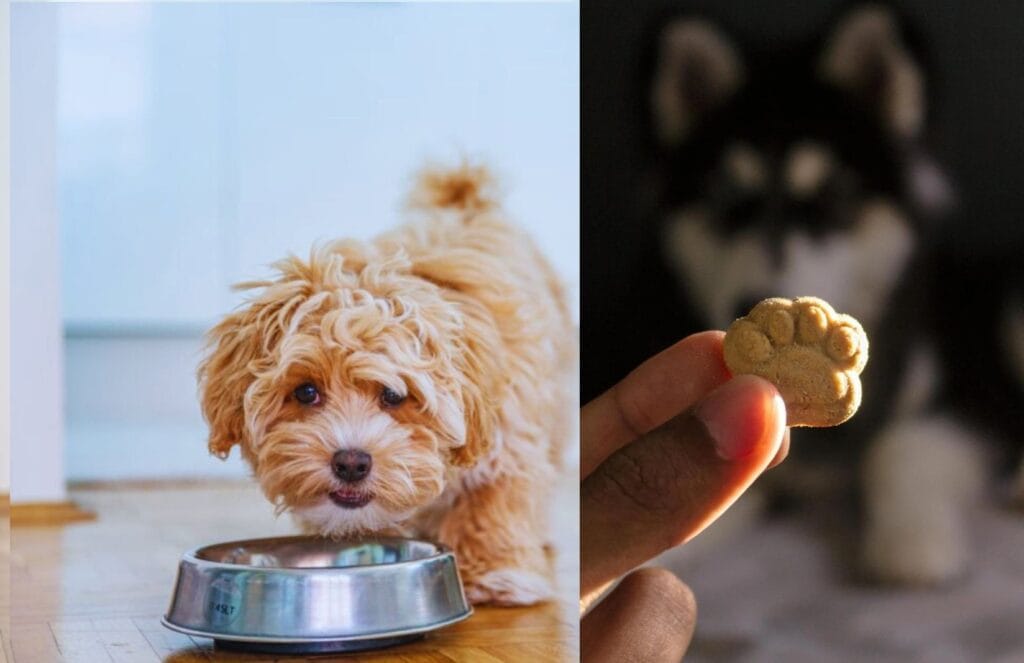Introduction
Poodles are renowned for their elegance, intelligence, and hypoallergenic coats. However, these beloved companions can sometimes surprise their owners with a less-than-melodious trait – snoring. Whether it’s a gentle whistle or a full-blown nasal symphony, poodle snoring can be a source of amusement, concern, or sleepless nights. In this article, we’ll explore the reasons behind poodle snoring and provide practical solutions to help you and your pup rest peacefully.
Understanding Poodle Snoring
Snoring is a common phenomenon in dogs, and poodles are no exception. It occurs when the airflow through the nasal passages and throat is obstructed, causing vibrations that produce those distinctive snoring sounds. While occasional snoring is normal, excessive or persistent snoring can indicate an underlying health issue or anatomical factors specific to your poodle.
Potential Causes of Poodle Snoring
There are various reasons why your poodle may snore, including:
- Obesity: Excess weight can lead to fat accumulation around the throat and neck, restricting airflow and contributing to snoring.
- Allergies: Nasal congestion and inflammation caused by allergies can obstruct airflow and trigger snoring.
- Respiratory Infections: Colds, sinus infections, or other respiratory issues can cause swelling and mucus buildup, resulting in snoring.
- Anatomical Factors: Some poodles may have elongated soft palates, narrow nasal passages, or other anatomical features that predispose them to snoring.
- Sleep Position: The position your poodle sleeps in can affect airflow and contribute to snoring. For example, sleeping on their back can cause the tongue to obstruct the airway.
Snoring Concerns and Potential Health Risks
While occasional snoring may seem harmless, excessive or persistent snoring can be a sign of underlying health issues that should not be ignored. Prolonged snoring can lead to:
- Decreased oxygen intake, resulting in potential health problems
- Sleep disruption for both you and your pup, leading to fatigue and irritability
- Increased risk of developing sleep apnea, a serious condition that can affect your poodle’s overall well-being
If your poodle’s snoring is frequent, loud, or accompanied by other symptoms (e.g., gasping, choking sounds, or lethargy), it’s essential to consult with your veterinarian to rule out any underlying medical conditions.
Solutions for Poodle Snoring
While some snoring may be unavoidable, there are several steps you can take to help minimize or alleviate your poodle’s snoring:
Weight Management
If your poodle is overweight or obese, implementing a healthy diet and exercise plan can help reduce excess fat around the neck and throat, potentially reducing snoring.
Allergy Management
Identifying and addressing your poodle’s allergies can help reduce nasal congestion and inflammation, improving airflow and reducing snoring. Your veterinarian may recommend allergy medication, dietary changes, or environmental modifications.
Humidifier Use
Dry air can irritate the nasal passages and throat, contributing to snoring. Using a humidifier in your poodle’s sleeping area can help keep their airways moist and reduce snoring.
Positional Adjustments
Encouraging your poodle to sleep on their side or stomach, rather than their back, can help prevent the tongue from obstructing the airway and reduce snoring.
Surgical Interventions
In some cases, if your poodle’s snoring is severe and caused by anatomical factors, your veterinarian may recommend surgical procedures to correct issues like elongated soft palates or narrow nasal passages.
“While snoring may seem humorous, it’s essential to address persistent or excessive snoring, as it can be a symptom of underlying health concerns. By implementing the appropriate solutions, you can help ensure your poodle’s restful sleep and overall well-being.” – Dr. Jane Doe, Veterinarian
Conclusion
Poodle snoring can be an endearing quirk or a frustrating nuisance, depending on its severity and frequency. By understanding the potential causes and taking proactive steps to address them, you can help minimize your poodle’s snoring and ensure a peaceful night’s sleep for both you and your furry companion. Remember, persistent or excessive snoring should never be ignored, as it may indicate an underlying health issue that requires veterinary attention.
FAQs
Q: Is snoring normal for poodles?
A: Occasional snoring is common and generally harmless for poodles. However, persistent or excessive snoring can be a sign of an underlying health issue and should be addressed with your veterinarian.
Q: Can poodle puppies snore?
A: Yes, poodle puppies can snore, especially if they have inherited anatomical features that predispose them to snoring or if they have respiratory issues.
Q: Can allergies cause poodles to snore?
A: Yes, allergies can contribute to nasal congestion and inflammation, obstructing airflow and leading to snoring in poodles.
Q: Can snoring be a sign of a more serious condition in poodles?
A: In some cases, excessive or persistent snoring can be a symptom of more serious conditions like sleep apnea or respiratory disorders. If your poodle’s snoring is accompanied by other concerning symptoms, seek veterinary attention promptly.
Q: Are certain poodle varieties more prone to snoring?
A: While all poodle varieties can snore, some anecdotal evidence suggests that certain bloodlines or breeding lines may be more predisposed to snoring due to anatomical factors like elongated soft palates or narrow nasal passages.



